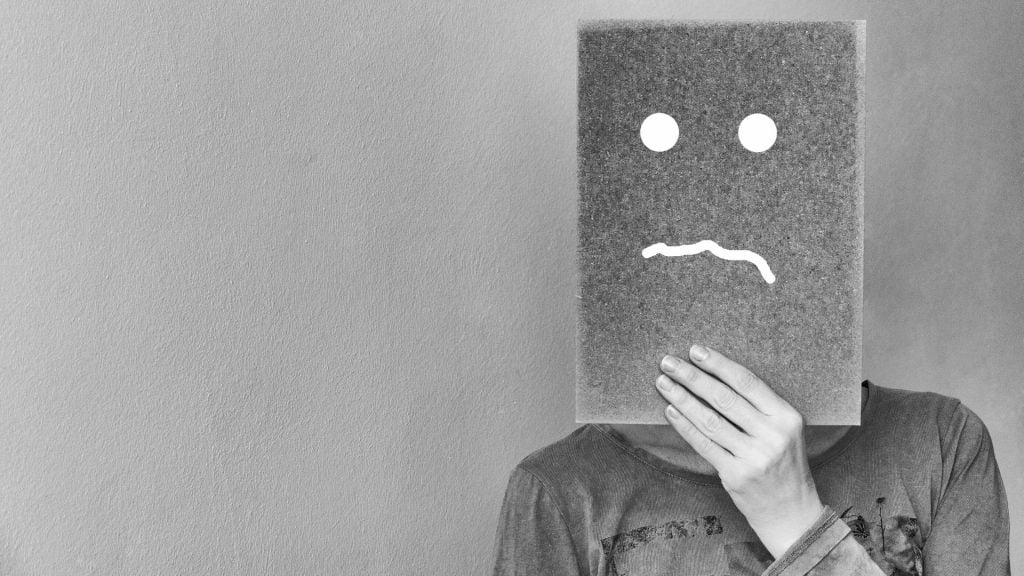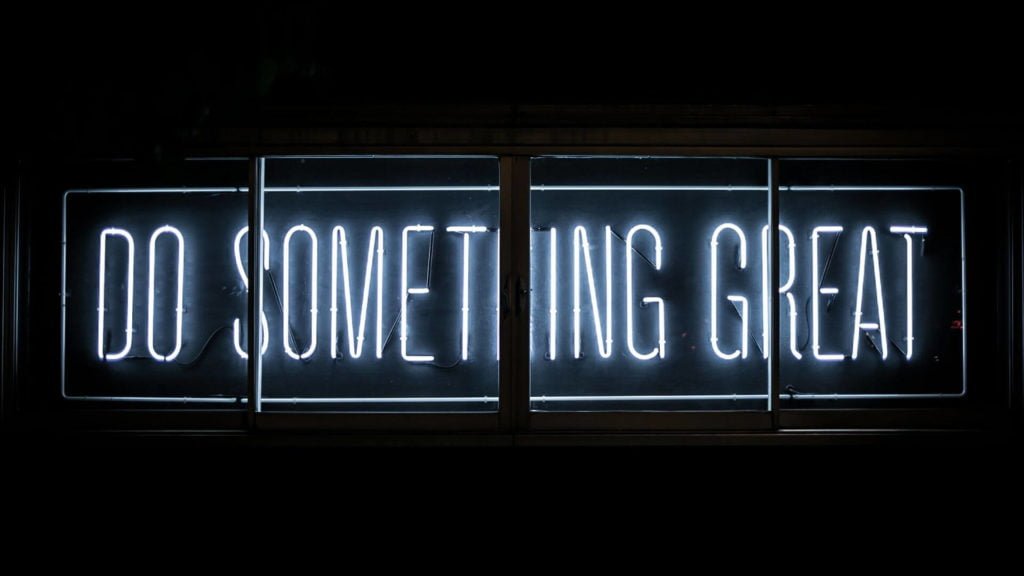The great catalyst of 2020
Since March 16th, the State of São Paulo, Brazil (where I live), has imposed strict quarantine measures on its citizens.
Part of these measures was the rule to organize home office work wherever that might be possible.
Only exceptions from the "home office" rule were what the government labeled as "essential" functions. By way of example, hospital (and other medical) services, some utilities (like gas stations), grocery stores, and pharmacies were all considered essential.
The mandate to continue working from home also applied to courts and state agencies. That meant that lawyers (and other staff, of course) employed by said courts, governmental bodies, and state agencies, had to move to remote working.
Remarkably, our courts did exceptionally well with moving to remote work. At least a part of the reason is that Brazil started investing in digitizing its judicial system as early as 2005.
The early goals of said investment were to improve the speed of process and access to justice.
“Our vision was to provide better services to the population. Overall, the expectation was that we needed to change the perception that we were formal and bureaucratic and that we were slow to attend to their needs…”
Rosely Castilho, the CIO of the State Court of Justice of Sao Paulo (TJSP)
XRP Ledged visualization, circa November 2018, by Thomas Silkjaer
Nowadays, digital systems support all the lawyers doing their work from home, in the wake of the global health crisis. Namely, we have eSAJ (an online portal to search for case records), Projudi (the infrastructure that puts the entire judicial process online, including notarization), and Pje.
However, it is not quite the same picture for staff that works in the public sector outside of the judiciary. Most of the state agencies weren’t quite ready, or even at all, to work remotely. Their workflow was, for the most part, still relying on paper-based documents.
Digital transformation isn’t evenly spread in our country. I guess that might be due to the inertia in the public sector.
In contrast, our judicial system developed a robust, interoperable solution over the years. It provides a safe and stable environment for all the 93 main courts (Brazil has 7 Superior Courts; 5 Federal Courts; 27 State Courts; 27 Electoral State Courts; 24 Regional Labor Courts; and 3 Military State Courts).
We thought we had 20 years to adapt
The legal profession relies a lot on history, precedents, sources of law that date years - decades even - in the past. In law schools, lawyers learn they need to analyze risks; while practicing law, they are frequently required to mitigate them.
Nobody teaches lawyers to be risk-averse, but all we learn in schools and all that we do afterward somehow gets us to shy away from risks.
And all that results in the legal profession being mostly overly reliant on tradition and old - tried - ways of doing things. It makes us feel nothing will change - ever. Not even technology has the power to move us.
However, if you try to make lawyers think (as I frequently start talks about the future of law), they would eventually acknowledge that change is coming. But it is coming so very slowly, in their minds. They felt we wouldn't have to move a finger for about the next 20 years or so.
(at least, those were the pre-COVID views)
Oh, how those changed meanwhile...
All the talks I had, before the whole crisis even started, made me worried. I could SEE the future upon us, challenging everything that we have ever learned. We witnessed other industries being disrupted by new tech and methods, so why would legal be any different?
And then COVID happened. All we believed and thought would hold for YEARS got wiped away in the proverbial blink of the eye.
(those 20 years ended up being about two weeks, or so)
How lawyers in Brazil faced uncertainty
March 16th was the day when our collective mindset changed rapidly.
Before that, most of the Brazilian lawyers were very hesitant to do video calls with clients. Likewise, they didn't feel excited about having a "digital" or "paperless" office and were reluctant to promote their business online.
With quarantine upon us, out of a sudden, we had no other choice.
We had to keep practicing law and serve our clients. We just had to keep running our businesses and facilitate access to justice alike.
During the first week of the quarantine, I decided to video-call a friend of mine. He is a progressive lawyer from the Rio de Janeiro state who had gone full-virtual long before any of this happened. He was already having video-meetings with his clients, recording video content, and overall adapting to new tools and methods.
I was curious to learn how he was doing in new circumstances. Knowing him, I assumed all was just fine, being long ready and all. I thought he would start the call by telling me how easy it was for him to manage.
Much to my surprise, he was in the same boat as most of our colleagues (myself including). A bit of fear, confusion, and "what on Earth is going on" was present in his voice.
uncertainty never felt more real
All lawyers that I talked to in the meanwhile left me with more-less the same impression. Every single one of us had now to face what we collectively thought was 20 years away—all those years, condensed in just about a few weeks.
And this is not just my personal feeling. São Paulo State Court (Tribunal de Justiça de São Paulo) - the largest in terms of case volume - was more-less on the same page.
(São Paulo State Court processes about 26% of all cases in Brazil, including Federal courts and courts of higher instances)
Even with all the progress with courts' digital transformation, the State Court estimates that the pandemic has boosted the speed of development for about 5+ years.
So the moral is - you can plan and prepare, but you can never be entirely ready for the coming changes.
(but even some readiness is better than none)
More for less and continual evolution
Just a few weeks have shown the capacity for humans (not only lawyers) to adapt to the new state of things. People continue doing what they have to, even amidst all the limitations.
(life, uh, finds the way…)
Out of necessity, lawyers have seen how digital tools can help them deliver legal services. They now have a chance to witness all the benefits to their business and clients alike.
As Mark Cohen and Richard Susskind often remark, clients demand more for less. If there is a trend that will always hold, it is this one. And the only way to keep GIVING more for less is to help ourselves with technology.
(and always keep on learning about new ways of work)
To give an example (outside of our beloved legal profession) -
In the wake of the pandemic, doulas have been barred from assisting women in labor in person. Instead, they had to find a way to help remotely - even to women undergoing the process of delivery.
Eventually, our health system solved this problem. As of recently, doulas do not need to be in the same room to help deliver babies.
Moreover, this innovation led our health institutions to realize how this approach can scale much rather than in-person assistance. Cost savings are immense.
Photo by Sincerely Media on Unsplash
In every transformation, we have to consider the following:
Circumstances and timing - we need to work with anything that comes our way, especially in times of crisis. Moreover, emergency often helps break inertia and resistance to change;
Crowdsourcing - engage the community, find people that are affected and willing to work together to overcome any challenges;
Technology - what tools might already be there ready for taking, that can assist with the transformation?
Notably, all the above took place while lawyers adapted to the pandemic. The crisis tore the resistance walls down, got lawyers closer to one another, and put available technology in the spotlight.
But what we have now is just a start.
We quickly adopted video calling, paperless office, and other online management systems. Shear benefits (as well as the constant "more for less" pressure) will undoubtedly keep lawyers wanting more.
After some period of consolidation, I feel lawyers will start going far and beyond. They will be curious about how Robotic Process Automation in legal can boost their operations. Lawyers will want to explore AI, sooner or later, train it, and perhaps productize their legal know-how.
After all, who would say “no” to recurring SaaS-like revenue?
This whole COVID-related transition has tested lawyers in more than a few ways. Firstly, they had to be quite fast at adopting new principles of remote work. Further, it has challenged their beliefs about change being something quite distant. Finally (and I feel that is a good thing), it provoked us to find practical solutions.
Today is the second-best time to reflect and change how you deliver legal services.
(the best time was yesterday)
Photo by Clark Tibbs on Unsplash
Reach out to your network, or find a support group, a think-tank, if you will. It is essential to surround yourself with the right kind of thinkers and doers, so you could all learn and grow together.
Find the way to optimize processes. Will technology help you? If yes, no reason to shy away from it.
Good luck!
Ivan Rasic holds the Transnational Trade Law and Finance LLM, a program by Universidad de Deusto (Bilbao, ES), Universiteit van Tilburg (Tilburg, NL), and Goethe Universität (Frankfurt, DE). After his work in law firms and inhouse, he started a legal tech company.
Nowadays, Ivan leads STP Informationstechnologie GmbH's Sofia RnD center with project/development management, culture, strategy, and special project initiatives.
Ivan is an Ambassador at European Legal Tech Association (ELTA). He closely follows and writes on future of law, legal tech, ALSPs, and new ways of delivering legal services.
André Kageyama is a Brazilian lawyer passionate about law, technology, learning, and helping lawyers optimize their business of law.
André serves as one of the judges of the VI Ethics Court of OAB (the Brazilian Bar Association), São Paulo section. He also chairs the OAB’s commission for Startups, Data Privacy, and Innovation for Lawyers (São Paulo section, Lapa district, belonging to the city of São Paulo).
André writes about law practice in Brazil, as well as about the tips from his domain. He is one of the columnists of Aurum's Blog, run by a Brazilian legal tech company Aurum Software.







